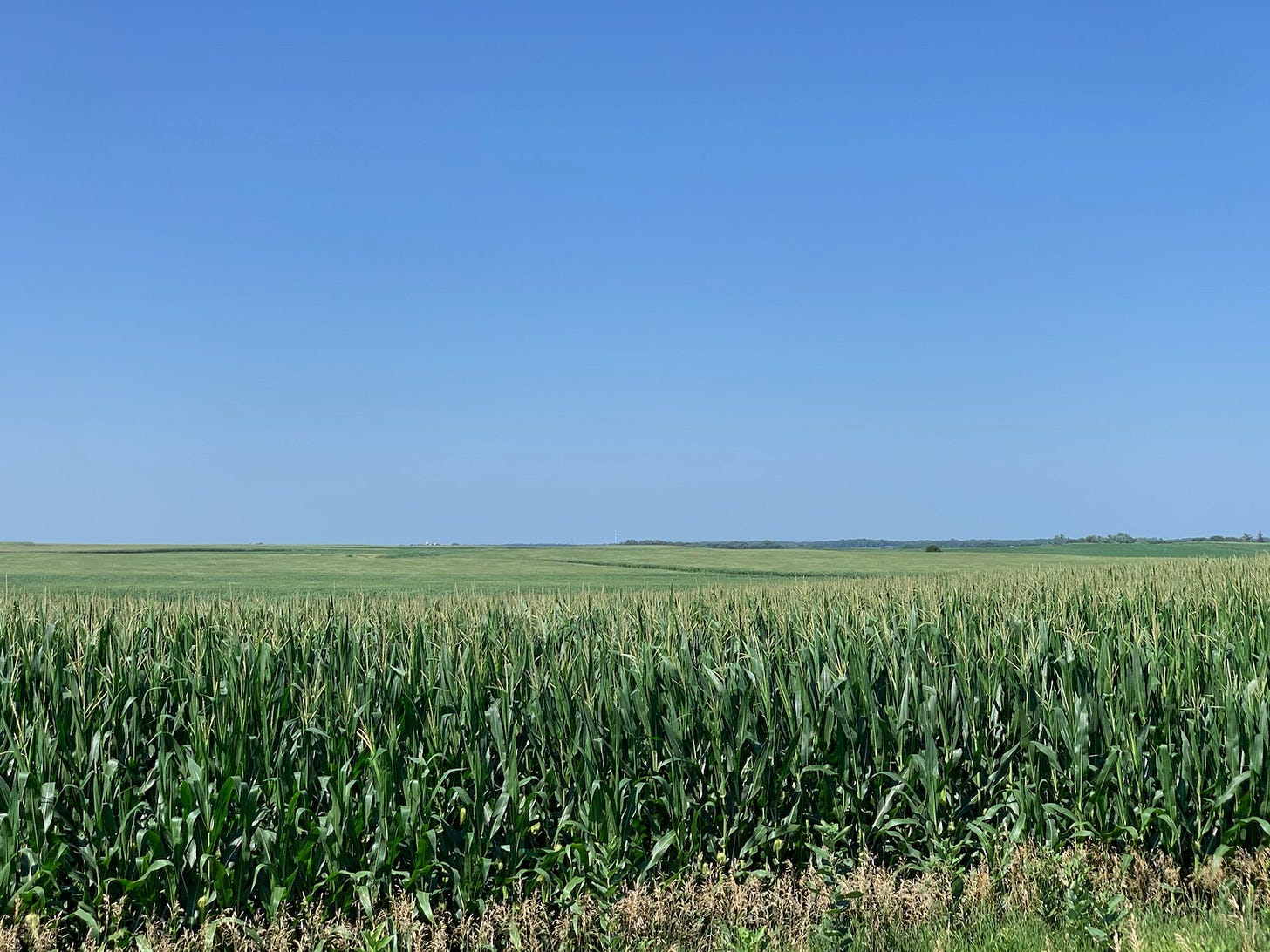Jeremiah was in Jerusalem, confined to the palace, stuck there like everyone else. The city was surrounded by the armies of Babylon. Nebuchadrezzar had brought his soldiers to the gates of the city, and by the time that had happened, Judah’s defeat was almost a foregone conclusion. Babylon was one of the world’s great superpowers, an empire with enormous reserves of wealth and people. Judah was a tiny kingdom by comparison, occupying only a sliver of the land that Babylon held, and even that sliver had been shrunk to the capitol city and its walls. A siege was underway, and there were not very many ways that it could end well for Jeremiah and his Judahite compatriots.
So Jeremiah bought some land just outside of town.
It was not, as far as investments go, a wise one. Anathoth was outside the walls of Jerusalem by about three miles, unprotected and exposed. In fact, the armies that were surrounding Jerusalem were living off the land nearby, including places like Anathoth, picking it clean of any resources. After the war concluded—spoiler alert, Judah lost—and the war’s exiles were allowed to return from captivity in Babylon, Anathoth is recorded by both Ezra and Nehemiah as having only 128 men who were repatriated. (The text records only men; that number might be inclusive of women and children, or it might be describing only men). It was decimated by the war, as anyone could predict that it would be, even in the time Jeremiah was writing, before the city of Jerusalem itself was breached. It was like buying oceanfront property days before a hurricane, or a home in the path of a lava flow. There was no economic sense in the purchase of a plot of land in Anathoth, with enemy armies encamped all around.
But Jeremiah wasn’t making an economic investment, he was enacting a parable. He was living a metaphor, in the tradition of the prophets, and drawing attention to a promise: that “houses and fields and vineyards shall again be bought in this land,” according to Jeremiah 32:15. He was staking a claim to the future.
What does it look like to invest in the future in the face of certain present destruction? What would it mean to buy a stake in tomorrow? How do you look out at the armies surrounding you, and decide to spend your seventeen shekels of silver on the land where they are making their camp?
This isn’t an idle question. It is a question that we all face in one way or another. People face this question when they try to plan for their own future or the future of their children. Institutions face this question when they try to manage resources in a way that leaves something for the next generation. How can we place the right bet on what tomorrow will look like?
Jeremiah bought the field from his cousin Hanamel. It makes me wonder: what led Hanamel to sell? In the parable, Jeremiah does the faithful thing and buys the field, but was Hanamel also being faithful by selling? Was Hanamel’s divestment a claim on the future in the same way that Jeremiah’s investment was? In one sense, Hanamel’s decision to sell was probably prompted by the massed Babylonian armies; selling a field outside of the city walls when invading armies were camped there was probably a clear choice to make. But in another sense, it must have been a difficult decision to sell. Land like that can function as a birthright and an inheritance for generations of a family. (That’s why Jeremiah was able to buy it, as an insider to the family, because of rules about who got right of first refusal when land was offered for sale). Hanamel’s decision to sell also meant something for the future; it was as much a choice about the future as Jeremiah’s decision to buy.
Both Hanamel’s choice and Jeremiah’s choice look correct from a certain perspective. Hanamel’s choice was the right one in the short term and the medium term, because after Babylon breached Jerusalem’s walls, the upheaval interrupted life for generations and made land ownership a much murkier proposition. Jeremiah’s choice might well have been the right one in the long term—we don’t really know—but on the level of acting out hope and publicly betting on the continuity of life, it did what he hoped it would do. For people and institutions making choices in the present that have consequences into the future, there are no clear right or wrong answers. So much depends on time—how long of a time frame you’re considering, and how far into the past and into the future your reasoning stretches. It’s hard to know for sure which path is the right one, but I can’t help but imagine that Hanamel and Jeremiah both felt satisfied with their choices.



